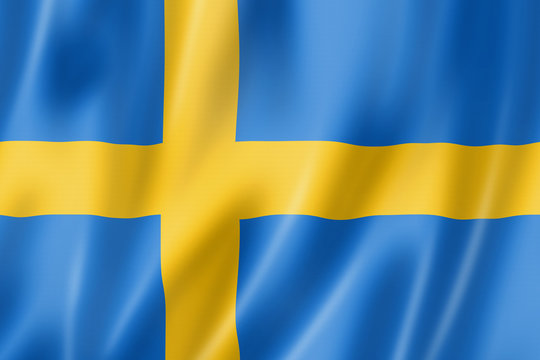On the basis of a patent that is short to be issued, three related pharmaceutical corporations requested a preliminary injunction, a final injunction, and a statement of responsibility per se against two generic businesses. The Examining Division of the European Patent Office had denied the claimants’ application, which they had anticipated being approved. The subject was then sent back to the Examining Division with the instruction to grant a patent after that decision was overturned by a Technical Board of Appeal.
Citing a section of the Swedish Procedural Code on the legality of claims for specific performance, which includes injunctive relief, the Patent and Market Court declared the claimants’ action inadmissible. This clause focuses on the due date for a claim. There cannot be a claim for performance prior to the issuance of a patent, the Patent and Market Court reasoned. The Patent and Market Court of Appeal overturned the judgment after the claimants challenged it.
The decision of the Patent and Market Court
The Patent and Market Appeal Court ruled that when the court decides on the claim’s merits, it is sufficient that the performance has become due for purposes of admissibility. The Court concurred with the lower court that it would be challenging to develop a generally applicable rule for when the emergence of an IP right is so probable or impending that a legal claim of infringement should be permitted. The Court ruled that this should be decided on a case-by-case basis instead.
The Technical Board of Appeal had instructed the Examining Division to grant the patent in the current instance, the Court noted, with the patent claim upon which the claimants had founded their allegation of infringement. The Court ruled that it was necessary to accept the claimants’ contention that a patent grant might be anticipated at this time and that it was doubtful that the lower court would make a decision on the claim’s merits before then. The Court further noted that the evidence did not imply that the requirements for pursuing the case prior to the patent grant were not met. Thus, it determined that the injunctive remedy claim was admissible.
The declaration sought by the claims was also determined to be admissible by the court since it claimed a legal connection between the claimants and the defendants.
It should be noted that the Court made a distinction between the question of whether a preliminary injunction can be imposed prior to the grant of a patent and the question of whether an infringement case is admissible prior to that.
The Patent and Market Court of Appeal’s decision only addresses the issue of admission. As a result, it only addressed the issue of whether a claimant could start legal action. The Court will next decide if the allegations, including the preliminary injunction request, may be granted. The claimants drew attention to commentary debating the possibility of granting provisional remedy prior to patent award. The Swedish courts, however, have generally denied requests for such relief.
The decision makes pre-grant litigation possible, which is perhaps most important for pharmaceutical companies. In order to determine whether there are any concrete strategic advantages to filing pre-grant infringement procedures, in situations where they are permitted, it will be necessary to monitor the progress of the current case.
Please find the list of Sweden IP Firms here

